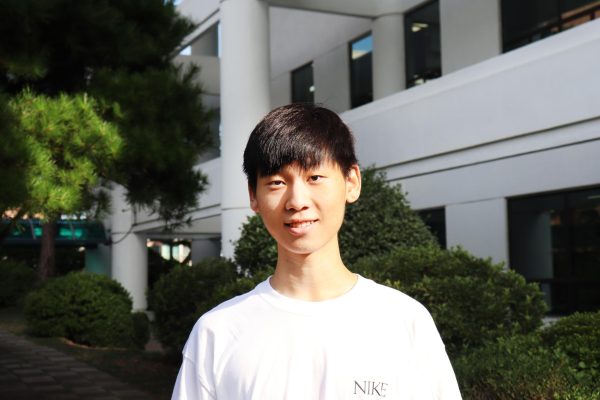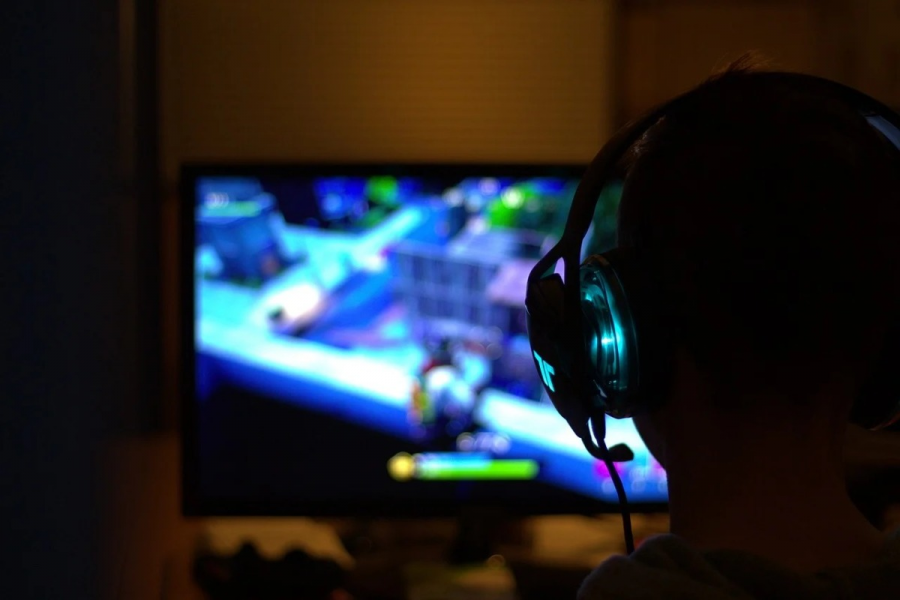Chinese government regulates gaming time for teenagers
On Sep. 1, the Chinese government imposed new regulations restricting minors from playing online games over three hours a week. The policy only allows teenagers to play from 8 p.m. to 9 p.m. on Friday, Saturday, and Sunday. Despite the supposed benefit the government promises, the regulation is neither effective nor necessary.
The government reasoned that the implementation of the policy would protect minors’ physical and mental health. In a recent interview, China’s National Press and Publication Administration referred to video games as a “spiritual opium” and claimed minors have little self-control, leaving them vulnerable to harm from game addiction.
Meanwhile, controversy over the effectiveness of this regulation arises.
The government, with the cooperation of several game companies such as Tencent and NetEase, enforced additional policies to prevent teenagers from getting over the law. Game companies now require minors to use their real names instead of a pseudonym when creating a game account. Furthermore, Tencent, one of the largest video game vendors, promised the utilization of facial recognition technology to confirm the validity of the personal information given.
In reality, however, teenagers are fully capable of getting around these enforcements.
Children can always use their parents’ information to sign up to a game. Even facial recognition is not a big obstacle, as it is only a one-time confirmation process required when registering an account.
Even worse, the enforcement of this regulation could be counterproductive.
In one case, teenagers that complied with the regulations were unable to play during the granted three hours, as the sudden rush of players overwhelmed and crashed the game servers. In addition, the increasing demands for adult game accounts could have resulted in the rise of illegal trading between underaged children and legal individuals.
Moreover, some parents are concerned about the possibility that students will simply move onto another source of pleasure.
Consider the precedence of the shutdown law in Korea. The Korean law prohibited teenagers from playing past 12 a.m., with the intention of increasing teenagers’ sleep time. The law was abolished on Aug. 25, mainly because the average sleep time of minors remained consistent, as they spent their time past midnight engaging in other leisure activities.
China’s game regulation has similar potential problems with its Korean counterpart. The mere restriction on online games is not a practical solution for addiction. Addiction to technology stems from multiple sources whether it be social media or online shopping; targeting one source in particular does not eliminate the fundamental issue of addiction.
But is game addiction in the first place such a menace to society that governments must step in?
Indeed, excessive gaming could damage personal health. But at its core, gaming is merely a leisure activity no different from other forms of entertainment, releasing dopamine and relieving stress.
Furthermore, researchers have not reached a consensus on the impact of games on health. An extensive review by mental health researcher Michelle Colder Carras discovered that methodological errors were prevalent in studies on the psychological consequences of games. Even the World Health Organization’s recent decision to classify game addiction as a mental illness is still a subject of debate for scholars.
Meanwhile, the government’s decision is contradictory to China’s growing gaming industry.
In 2020, China’s mobile gaming market had a 30.9% increase in annual revenues from the previous year, according to data from Niko Partners. China also has one of the biggest esports markets.
According to Cui Chenyu, a research analyst specialized in games, the Chinese curb could have long-term harm on China’s gaming industry, since the teengaer player base, the main source of profit, is likely to reduce.
The regulation could have impacts that extend beyond its borders. For a long time, China has dominated the gaming industry with a plethora of lucrative game companies. Yet the decrease of the Chinese gaming industry size could present opportunities for aspiring developers outside of China to enter the emerging gaming market.
China’s new game rule is a needless and ineffective effort taking aim at a harmless leisure activity. Instead of imposing restrictions to address game addiction problems, the government should leave the decision of game time in the hands of individuals.

Joseph is the senior design & production editor. He is a night person and often heavily relies on coffee. In his free time, he loves to watch LoL Champions...











